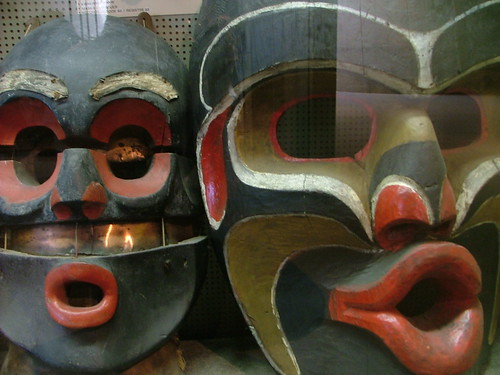
Purim & the Hunger Games [Tablet]
Abigail Miller discusses the similarities between the age old Jewish holiday and the popular book series, highlighting the importance of pageantry, in an insightful portrait connecting past to present.
“When fashion blogger Michael von Braithwaite writes, “You probably won’t want to dress like a dystopian hero every day, but if you’re feeling down and out, slip on your Katniss look and stare down every person you pass on the sidewalk,” he is being cheeky, but also at some level recapitulating what seems to me to be Cinna’s lesson: that clothes can work on us from the outside in, giving us confidence and letting us feel what it is like to be the character we’re dressed up as.”
‘Slutwalk’ comes to Israel [+972]
A feminist’s poignant reflection on the movement and its relevancy in Israel.
“I too was outraged when I heard the police officer’s “advice” to a group of students . Blaming the victim of this violent crime is despicable. It also represents a stereotype about rape which is not accurate; almost 90% of rape victims in Israel know their attacker, young children and old women are also victims of rape and sexual assault. Clothing does not cause rape. I will march to protest sexual violence and the dangerous myth that female victims are to blame. However I will not march in the Slutwalk when it comes to Israel.”
The Whole Megila [JPost]
As you grow up, you begin to lose faith in the factuality of the Purim story. Reuven Hammer discusses the megilah critically – examining authorial intent and historical context to find hidden messages in the text.
“Many biblical scholars have therefore concluded that Esther was written to give a Jewish slant to a Persian holiday that Jews already observed. H.L. Ginsberg, for example, wrote, ‘The Book of Esther may be described… as a mock-learned disquisition to be read as the opening of a carnival-like celebration.'”
The masks that we wear [JPost]
The author reflects on his job as a college interviewer for an American university, and a Palestinian student he came across during the process. Reality, he concludes, is stranger than the Megilah.
“It’s Purim in Jerusalem today, a day of masks, of identities hidden, of a topsyturvy imaginary world. In this region, though, the absurdities we create for Purim can sometimes pale in comparison with the painful realities that will endure long after the holiday.”
